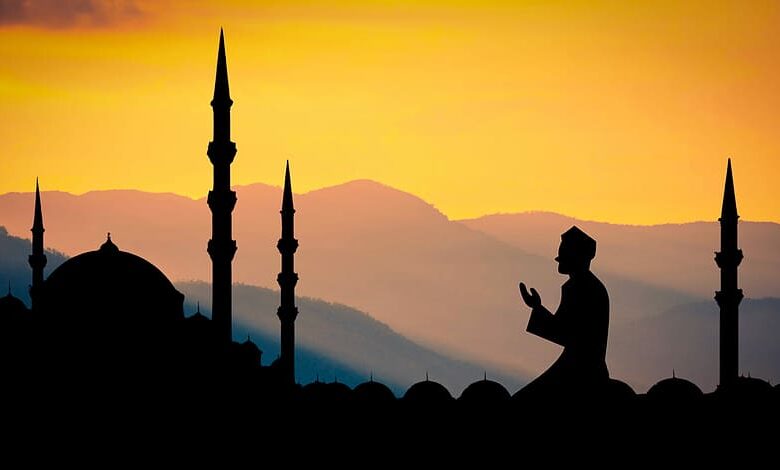Ramadan Fasting Hours in 2023: Longest and Shortest

The fasting period during Ramadan is typically determined by the length of daylight hours. As a result, the length of fasting hours varies depending on the location and time of year. In 2023, the shortest fasting hours are expected to be in Antarctica, where the sun never sets during the summer months. Muslims living in the region will have to fast for only a few hours each day, making it easier for them to observe the fast.
On the other hand, the longest fasting hours are expected to be in Northern Europe, Canada, and parts of the United States. In these regions, the sun rises early and sets late, resulting in long periods of daylight. Muslims living in these areas will have to fast for over 20 hours each day, making it a significant challenge for them to complete the fast.
In countries such as Norway, Sweden, and Finland, the fasting hours can be as long as 22 hours during the peak of summer. This presents a significant challenge for Muslims living in these regions, as they have to endure long periods of fasting without any food or water. The challenge is even more significant for those who have to work during the day, as they have to maintain their energy levels while abstaining from food and water.
In contrast, Muslims living in regions closer to the equator such as Indonesia, Malaysia, and Singapore, will have shorter fasting hours. This is because the length of daylight hours in these regions is relatively consistent throughout the year. Muslims in these regions will have to fast for approximately 12 to 14 hours each day, which is significantly less than those living in Northern Europe or Canada.
Despite the challenges posed by the long fasting hours, Muslims around the world look forward to the month of Ramadan with great anticipation. For many, it is a time to strengthen their faith, seek forgiveness, and give to the less fortunate. Muslims are encouraged to spend the month in prayer, reflection, and charitable activities.
Fasting during Ramadan is obligatory for all adult Muslims who are physically and mentally capable of doing so. However, there are exemptions for those who are sick, pregnant, breastfeeding, or traveling. It is also important for those observing the fast to stay hydrated and to consume a healthy and balanced diet during non-fasting hours to maintain their health.
In some Muslim-majority countries, the working hours are reduced during the month of Ramadan to allow for those fasting to have sufficient time for prayer and rest. In addition, many mosques and community centers offer free meals for those who are fasting, as a way of providing support and solidarity during the month.



